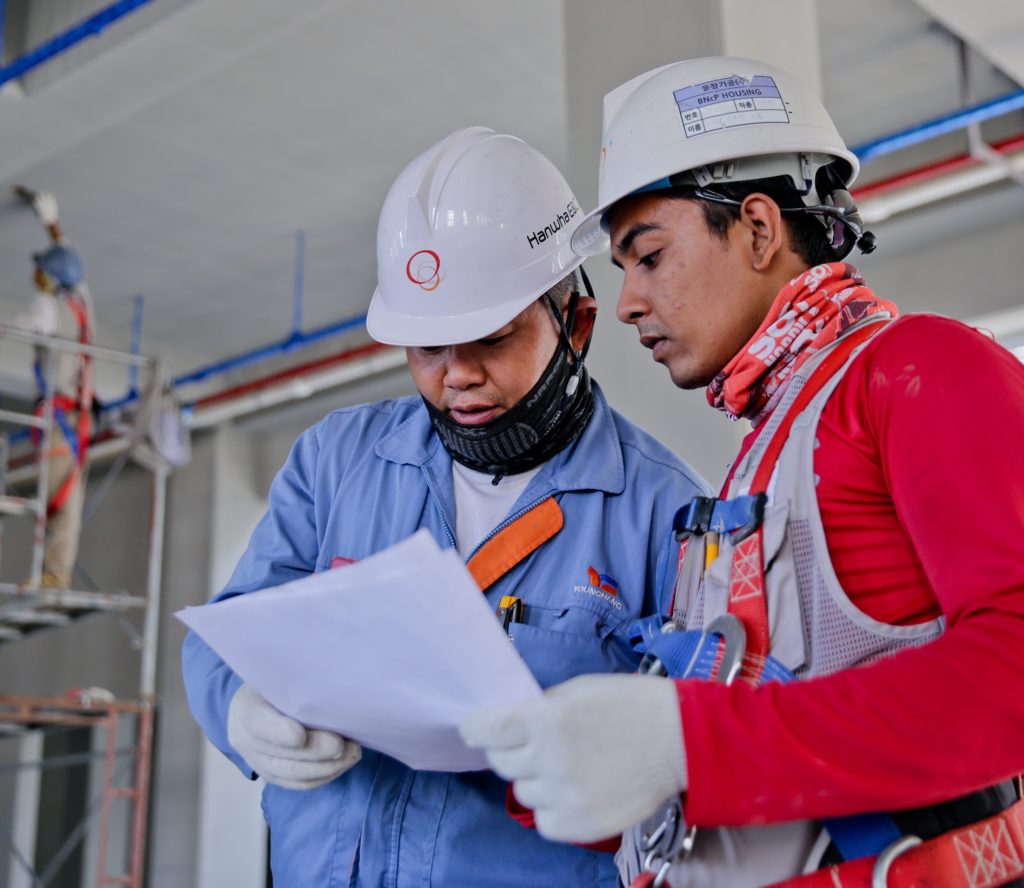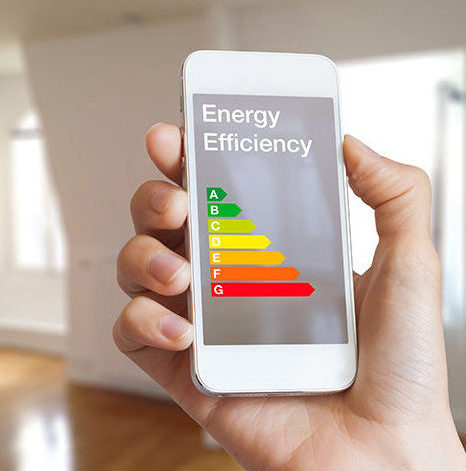
Energy Efficiency Services
Energy efficiency services include designing and implementing measures that improve the clients’ energy efficiency, reduce energy demand and greenhouse gas emissions. The contracts involve long-term commitments that ensure energy savings through continuous monitoring, effective operation and maintenance. In addition, providing energy efficiency as a service can lead to more affordable pricing plans and solutions adaptable to individual clients’ needs.
The definition of energy services in the Energy Efficiency Directive:
“The physical benefit, utility or good derived from a combination of energy with energy-efficient technology or with action, which may include the operations, maintenance and control necessary to deliver the service, which is delivered on the basis of a contract and in normal circumstances has proven to result in verifiable and measurable or estimable energy efficiency improvement or primary energy savings”


